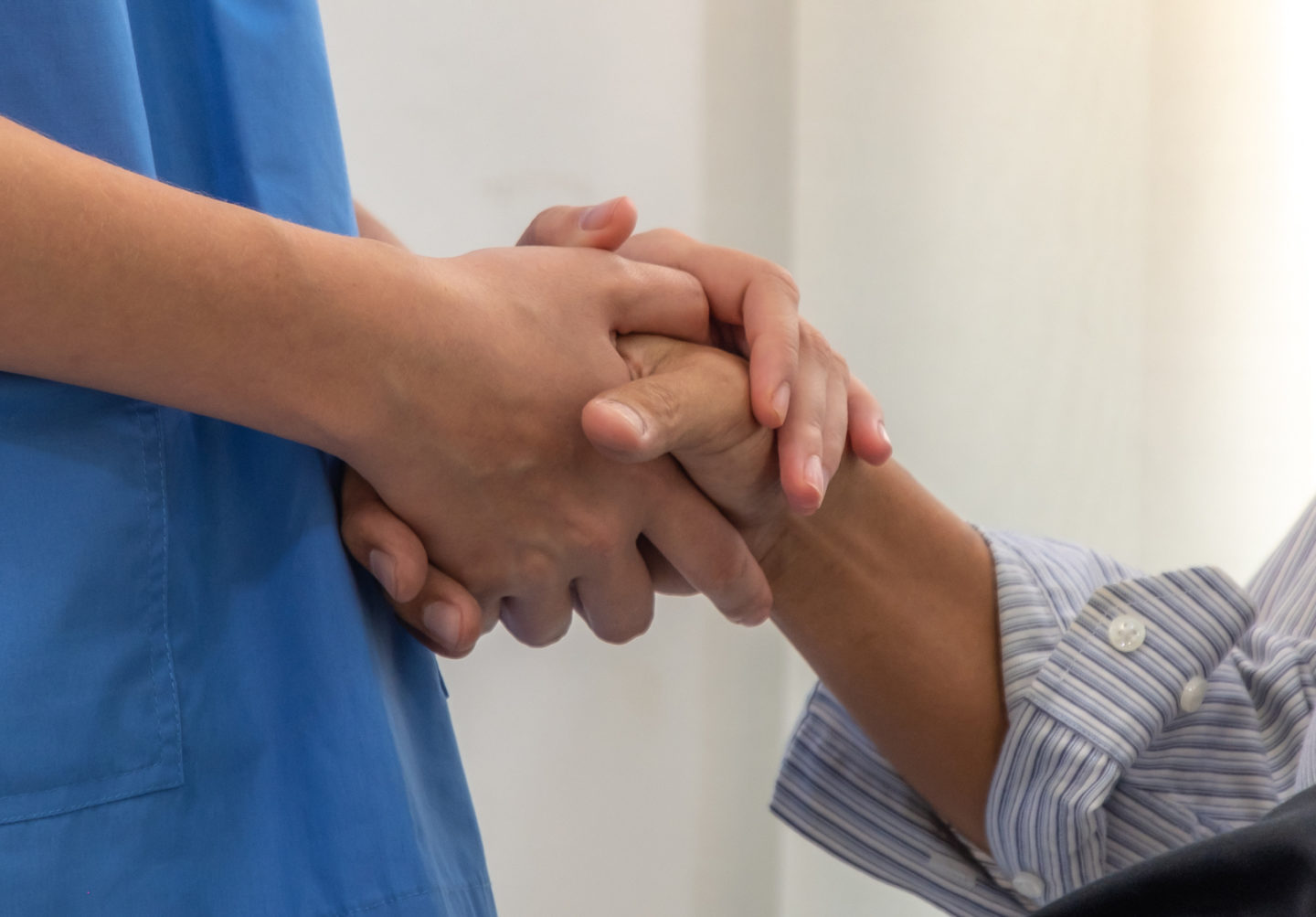Victims of sexual assaults have had to travel over 100 miles wearing the clothes they were attacked in before they can have forensic examinations, according to charities who say that long trips greatly add to children’s ordeals.
Evidence provided to the Scottish Government discloses huge journeys for some children in rural areas to be seen by specialist medics – and that it can be difficult to be seen by a female doctor.
Critics point out a large under-reporting of sexual assaults and argue that a postcode lottery on access to forensic medical services for victims makes the problem worse.
The concerns were raised by organisations responding to a government consultation asking how forensic medical services for victims of rape and sexual assault can be improved.
The consultation followed a 2017 report by Her Majesty’s Inspectorate of Constabulary in Scotland (HMICS) which strongly criticised the treatment of victims of sexual assaults by police and the National Health Service.
HMICS said that services offered to some victims were “unacceptable” and lagged behind the rest of the UK, with many victims being examined in police stations.
In its submission, Rape Crisis Scotland said it was “intolerable” that survivors from some island communities had to travel to the mainland for forensic examination.
“Ensuring the local availability of forensic examinations and related services across the geography of Scotland is vital to a survivor centred approach,” said Sandy Brindley of Rape Crisis Scotland.
She added it was “deeply unfair” that the current approach resembles more of a “postcode lottery” than a survivor-centred approach that “values the geographic diversity and remote communities of Scotland”.
Rape Crisis Scotland would like the Scandinavian model of Barnahus developed in Scotland. Barnahus, which literally means ‘child’s house’, was pioneered in Iceland 20 years ago and then launched in Sweden, Norway, Greenland and Denmark.
The approach allows interviews to be conducted in child-friendly accommodation, with wellbeing support on hand. The system is recognised as international best practice because it is child-centric and achieves effective results, reducing children’s trauma and gathering better evidence from interviews for court.
Scotland’s national children’s charity, Children 1st – which also wants the Barnahus model adopted – said services for some victims were “unacceptable”. Highland children from Caithness to Brora were having to travel 113 miles to Inverness for a medical, it said.
Shortages of paediatricians locally can result in lengthy journeys and delays, the charity said, with children having to wait for hours for a medical examination.
Children 1st added that when examinations eventually take place “there can be up to five professionals in the room, talking to each other and not to the child”.
Mary Glasgow, chief executive of Children 1st, said: “We have welcomed the Scottish Government and NHS Scotland’s response to the highly critical 2017 report by Her Majesty’s Inspectorate of Constabulary in Scotland which highlighted the lack of appropriate forensic medical services for children who have experienced sexual abuse.
“A statutory duty on health boards to provide these services will be helpful but the needs of children who have experienced sexual abuse are distinct. In future, every child in Scotland who experiences abuse must be able to get all the support they need under one roof – whether that’s justice, health or social work.
“The Barnahus model, used in other European countries, has been recognised as a gold standard and we are working with the Scottish Government to ensure that this is adopted across the country.”
A Scottish Government spokesperson said: “We have been clear improving healthcare and forensic medical services for victims of rape and sexual assault is a priority and everyone who needs it should have access to a forensic medical examination, along with wider healthcare interventions and support.
“That is why we have provided funding to NHS Orkney and NHS Shetland so adult victims of rape and sexual assault should no longer need to travel to the mainland for a forensic medical examination.
“We are currently analysing responses to our consultation, which included a dedicated question on islands, to develop proposals to strengthen delivery of healthcare and forensic medical services.”
The consultation paper was published in February 2019 and remained open for views for 12 weeks, and closed on 8 May. An analysis report of key findings of the consultation will be published in the coming weeks.
The Scottish Government is committing £8.5 million between 2018-19 and 2020-21 to improve healthcare and forensic medical examination services for victims of sexual crime.
This story was published in The Sunday Times on 4 August 2019.














